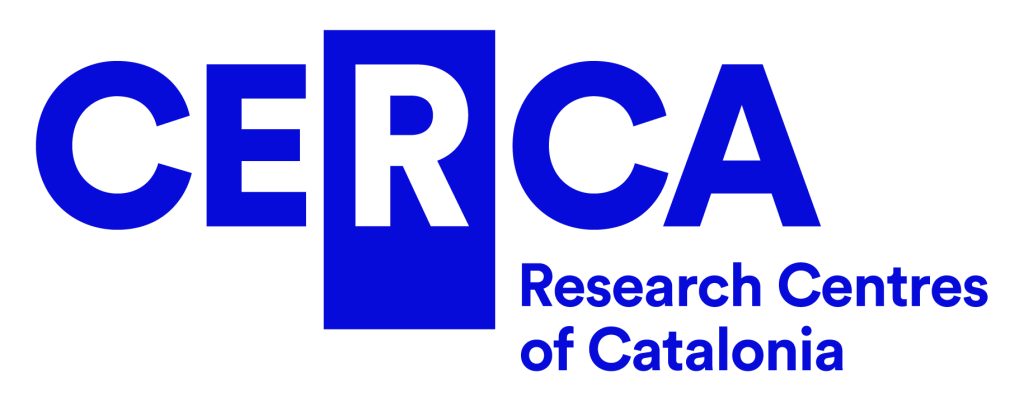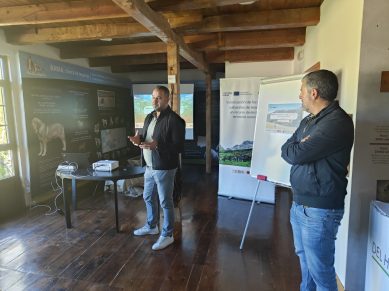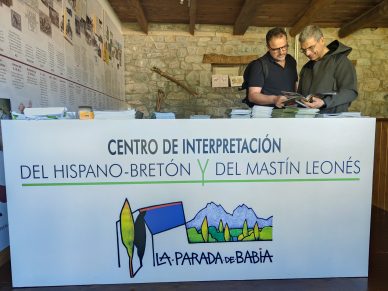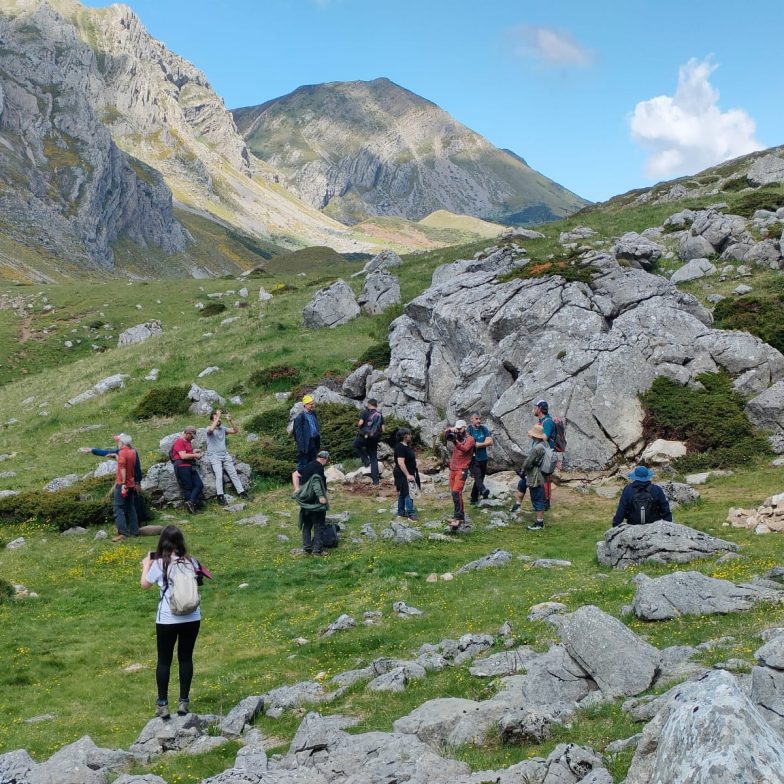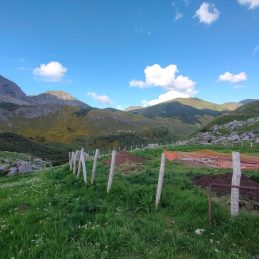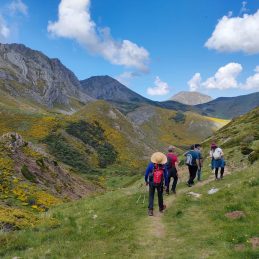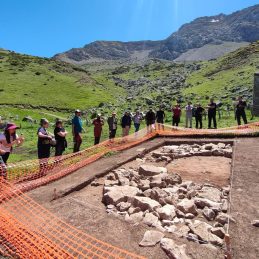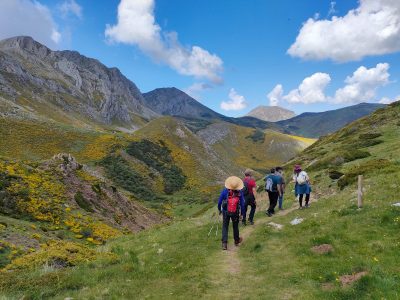
From June 2 to 5, the second meeting of the European project Cultur-Monts, financed by the Interreg-Sudoe program and led by ICAC-CERCA, is being held in Babia (León).
During these days, several members of the consortium that makes up the Cultur-Monts project combine internal work sessions (corresponding to the different work groups planned for the deployment of the project) with field trips to learn first-hand about the heritage on which they will work the Cantabrian pilot window.
The hosts of the meeting are the partners of the Instituto de Ciencias del Patrimonio (INCIPIT-CSIC) and the NGO Asociación de la Reserva de la Biosfera de Babia, who are joining the members of the consortium in the discovery of the cultural mountain landscapes of the region of Babia, specifically those located in the municipalities of San Emiliano and Cabrillanes (León).
GT2 has the mission and challenge of promoting the recovery, enhancement, and reactivation of collective memory, traditional knowledge, and the knowledge of the senior population of the different pilot windows that the project has open.
El objetivo central del 2º Encuentro Cultur-Monts es la puesta en marcha del Grupo de Tareas 2 (GT2), que pone el foco en el empoderamiento de las comunidades locales y del territorio. El encuentro servirá también para realizar el seguimiento de las acciones encomendadas al GT1 y que ponían el acento en la puesta en valor de los elementos patrimoniales. Asimismo, se adelantará en la puesta en marcha de las acciones previstas en el GT3, que se focaliza en la transferencia intersectorial de los recursos creados hacia el territorio.
The main purpose of the 2nd Cultur-Monts Meeting is the launch of Task Group 2 (GT2), which focuses on empowering local communities and the territory. The meeting will also lead to monitoring the actions entrusted to GT1 which emphasizes enhancement of heritage elements. Likewise, the working team will move forward with the implementation of the actions planned in GT3, which focuses on the intersectoral transfer of the resources created to the territory.
You can check the meeting program here.
The first day of the 2nd Cultur-Monts Meeting took place at Casa de la Parada, in the interpretation centre Centro de Interpretación del Hispano-Bretón y del Mastín Leonés, with the welcome of the mayors of San Emiliano and Cabrillanes (León).
The 2nd meeting of the Cultur-Monts project brought together eight of the beneficiaries, in addition to the mayors and managers of the territory interested in the deployment of the project.
One of the field trips served to see the study window located in the region where the INCIPIT-CSIC team, one of the project partners, works. The workshop consisted of learning about the problems of the area and discussing the deployment of the project in this area.
Another working session will launch the project’s Task Groups, especially GT2 coordinated by INCIPIT-CSIC which deals with working with local communities to carry out transfer in a key way to empowerment.
Throughout the meeting, spaces for debate and joint reflection also arise. Ángel Gaspar, director of the Parque Natural de Babia y Luna, for example, has highlighted the importance of communication and collaboration between local institutions and academic agents.
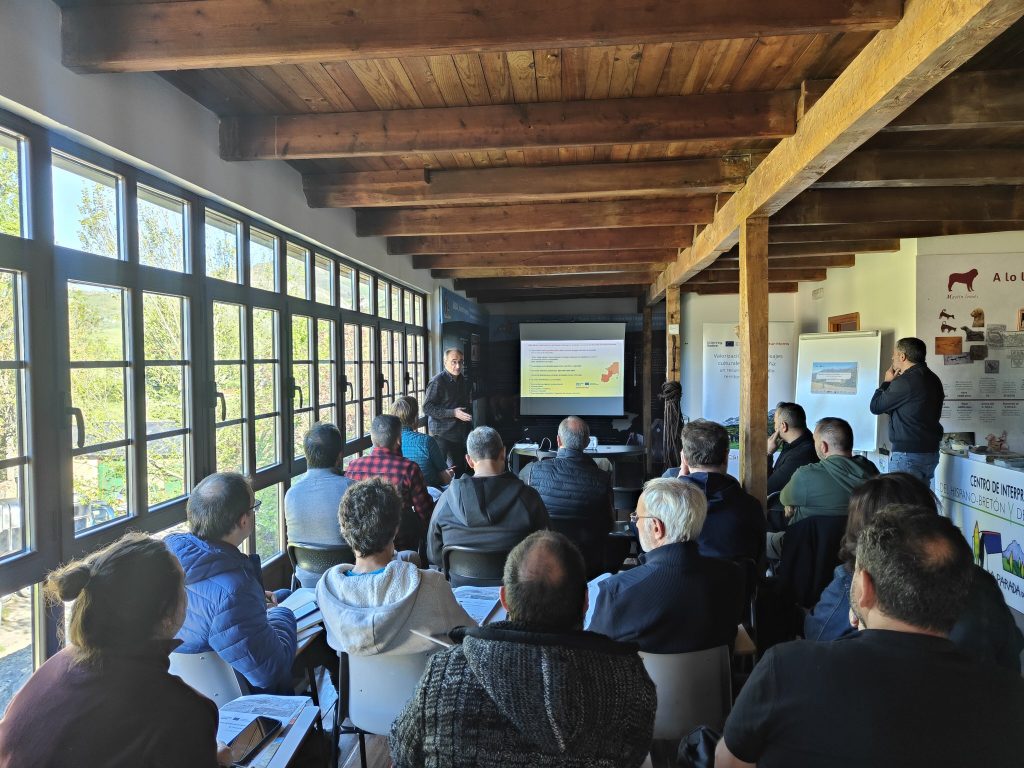
The European project Cultur-Monts, led by ICAC-CERCA with a consortium of ten beneficiary partners from Spain, France, and Portugal, was approved in the 1st call of the Interreg VI-B Sudoe program (2021-27) in December 2023. Entitled “Valorización de los paisajes culturales de montaña: un recurso de desarrollo territorial sostenible” , the initiative was ranked first in specific objective 4.6, aimed at enhancing the role of culture and sustainable tourism in the economic development, social inclusion, and social innovation of rural territories in southwestern Europe.
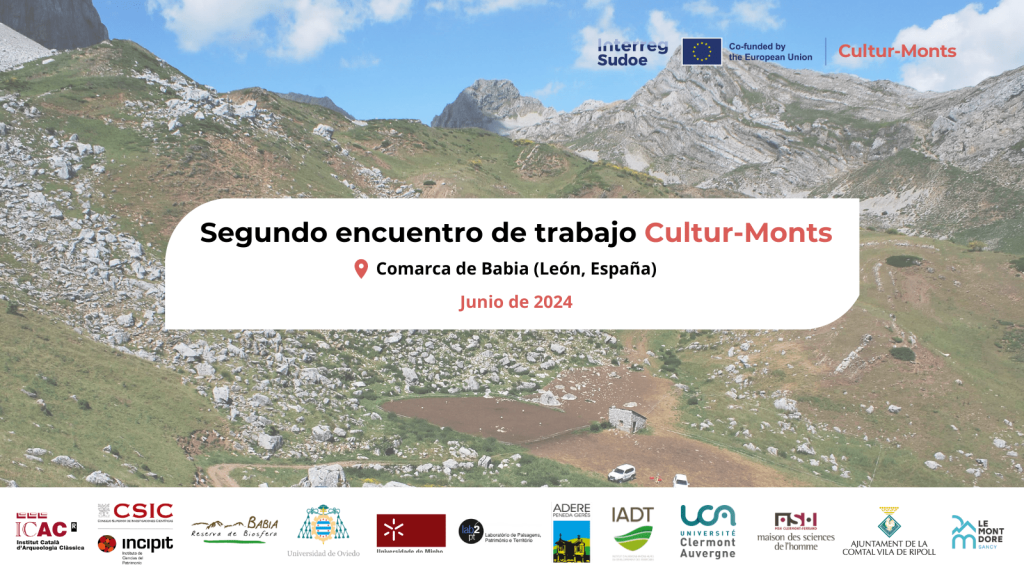
About the Catalan Institute of Classical Archaeology (ICAC-CERCA)
The Catalan Institute of Classical Archaeology (ICAC-CERCA) is a CERCA center established as a consortium in 2003 by the Government of Catalonia and the Rovira i Virgili University. It is a Catalan institution with an international scope, at the forefront of research and conservation of archaeological heritage. Its headquarters are located in Tarragona, a city recognized as a UNESCO World Heritage Site in the year 2000. Its researchers work to understand the past through the study of archaeological remains and promote the preservation of the historical legacy. We are CERCA!
For more information, visit www.icac.cat.
